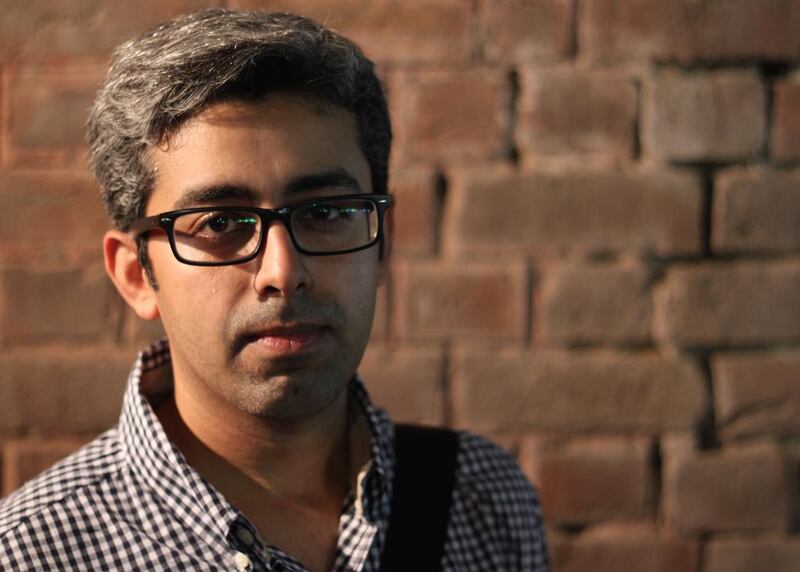The New York Times recently noted a grim milestone for Karachi: the killing of its 100th police officer this year.
The article by the award-winning journalist Declan Walsh – who was expelled from Pakistan for “undesirable activity” – goes on to call the largest city in the Muslim world “a restless megalopolis of 20 million people”. For all of Walsh’s laudable research into the Taliban’s activities in Karachi, though, the piece never really gets to the heart of how normal people actually live in such circumstances.
“But what can you actually do in 1,500 words?” asks Bilal Tanweer, whose debut novel is set in the city. “I got into novel-writing because I was so profoundly disenchanted with my journalism. Novels are a more honest exchange of feelings and ideas.”
Tanweer's fascinating debut, The Scatter Here Is Too Great, certainly feels like an attempt to tell the real stories of people in Karachi. A connected collection of short stories involving disparate Karachiites who all coalesce at a bomb blast in a city-centre station, Tanweer creates a huge cast of memorable characters navigating the tumult: a middle-aged businessman longing to speak to his estranged child, an old communist poet teased on a bus full of students, a car repossessor and an ambulance driver traumatised by the carnage he sees.
“For me, the concern is that people write about Karachi from a very distant perspective,” says Tanweer. “And I wanted to make sense of the violence with a novel. You know, most people aren’t in the centre of the troubles but see it from the margins. Life does go on.”
Still, Tanweer admits that when a seemingly safe place such as an airport is attacked – as the city’s airport was in June – he had to step back and re-evaluate all his assumptions of Karachi.
“The question is, how do you write a novel that – in the words of Samuel Beckett – accommodates this mess? And so I improvised,” he says. “I experimented. And I came up with something that best matched the chaotic reality of Karachi.”
Reviewing the novel in The National recently, Lucy Scholes warned that Scatter is confusing, but in the end the "cacophony of voices steadily tunes itself into a melodious choir that successfully captures the teeming vibrancy of the city". There have been a number of similar reviews – most have enjoyed the book, but with qualification.
“I understand why,” Tanweer says. “Individually, the stories have resonated with people so far – everybody knows someone who has experienced a bus hijacking or has encountered scam artists.
“But especially in South Asia, people like a neat story which goes from A to Z, a more straightforward narrative with a beginning, middle and end. That’s not what Karachi is like, for me. It makes sense to have divergent points of view because that’s how the city works. And writing it in a more straightforward way wouldn’t have allowed me to look at the more profound things I wanted to say.”
That belief in the power of storytelling really resonates in Scatter, full, as it is, of believable, likeable and realistic characters trying to survive in Karachi. They all, like Tanweer himself, have a love-hate relationship with the city. So how does he feel about the it now?
“You mustn’t be sentimental, but it’s important not to be motivated by running Karachi down, too,” he says. “Storytelling allows for collective empathy and compassion and it was important for this book to make people understand that most Karachiites don’t have a choice to move somewhere else.
“What that means is they can’t say that this place is doomed or that there is no hope for it because they have to live there. So they’re condemned to hope, in a way, condemned to be optimistic.
“For me, though, I can close my eyes and I can hear people talking in Karachi and I know what they’re going to do next. I couldn’t do that in New York or Lahore. What is real, what is possible, what is conceivable – it changes every day here.”
• The Scatter Here Is Too Great (Random House) is out now





